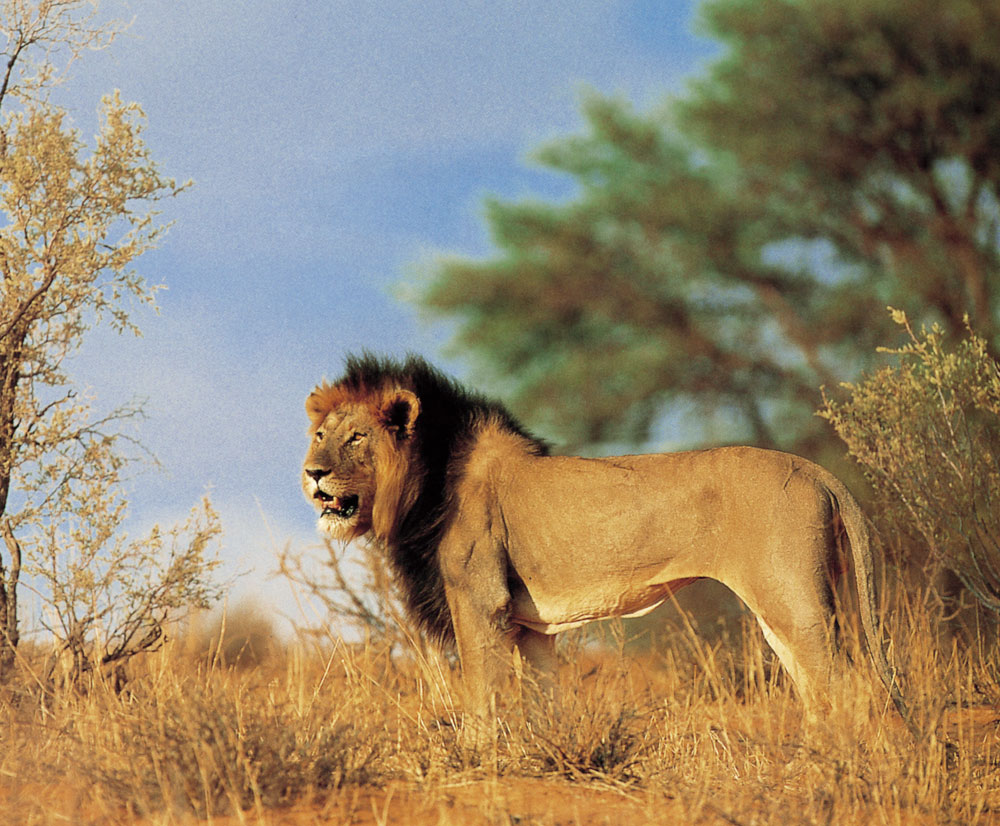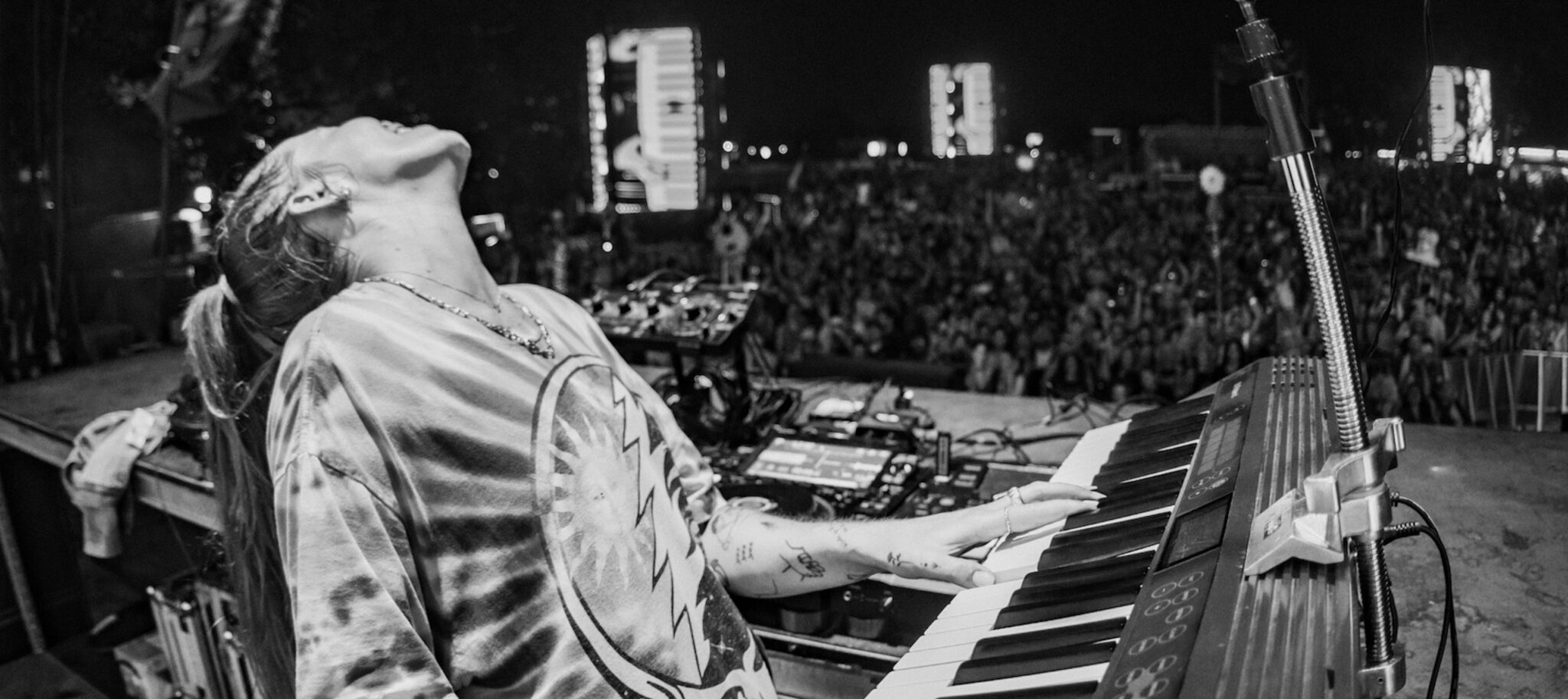Shortly after Dead and Co—basically, the Grateful Dead sans Jerry Garcia and Phil Lesh—wrapped the penultimate show of their farewell tour at San Francisco’s Oracle Park in July, thousands of diehard Deadheads, wanting to keep the party going, flooded the dance floor of San Francisco’s legendary Fillmore theater. Around 11 p.m., a curly-haired woman, twinkling in a black, sequined pantsuit, took to the stage to roaring applause. A tie-dye Dead shirt peeked out underneath her jacket as she fit headphones over her ears and hit play.
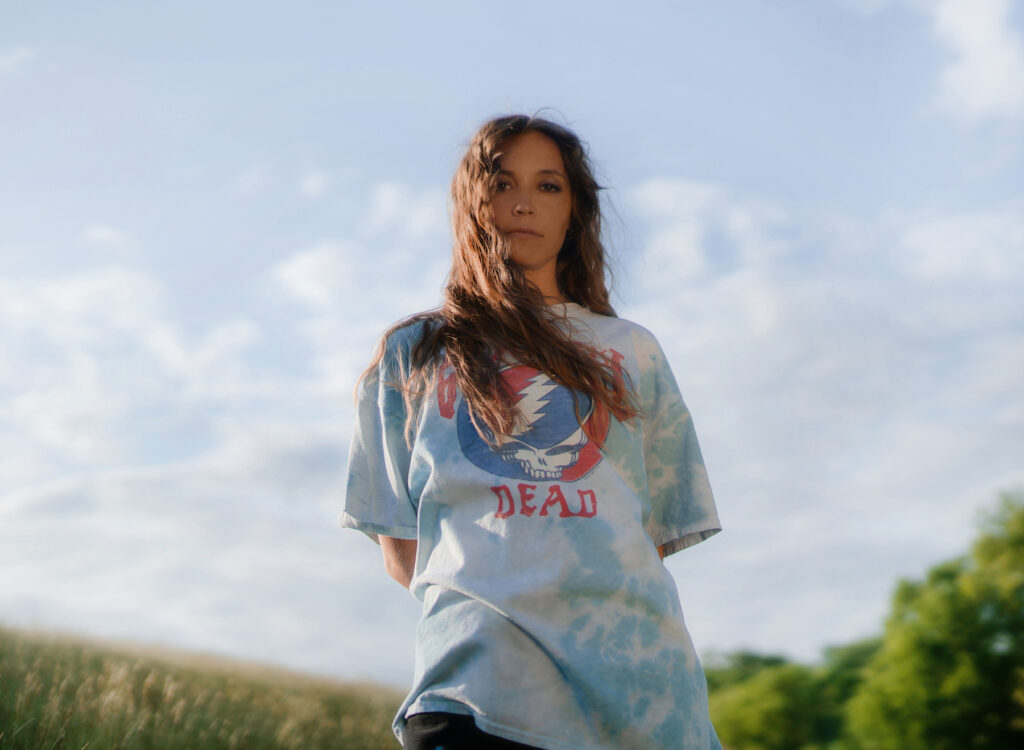
House DJ, producer, and keyboardist LP Giobbi, née Leah Chisholm ’08, has deep ties to the Grateful Dead, and the local Bay Area music scene. An Oregon native, she played in the Cal Marching Band and studied jazz piano performance at UC Berkeley, while also performing regular piano gigs in San Francisco, before landing an opportunity to move into electronic music production. She’s never looked back.
Now, with the release of her debut album, Light Places, Giobbi is quickly gaining notoriety and respect within the dance music scene for her catchy, melodic piano house tracks. Often one of the few, if not the only, female performers in a lineup, she has also become a champion for creating more opportunities for non-male artists. In 2019, she launched a nonprofit, FEMME House, to teach women and gender expansive individuals how to produce music.
Currently touring Europe, she took time between shows to talk to California about joining the Dead’s final hurrah, bridging her jam band and jazz piano influences, and creating space within the “dudes’ club” of electronic music.
Do you remember why you were first drawn to music?
I remember my first meeting with my piano teacher.
I remember thinking, “Okay, I have to impress somebody.” I wore a jester hat that I got at the Orange Country Fair the year before and a pair of overalls with, like, four pairs of shorts under the overalls at different lengths. None of them matched.
I always say I won the lottery twice: Once when I was born to my parents and once when Carolyn became my piano teacher. The most influential person, probably, in my life. When I was in middle school, and I kind of lost interest in practicing, she really kept me engaged by cultivating creativity. We played the inside of the piano some days, or the bongos, or we would just dance.
Now, the older I get, the more I realize the power of having somebody other than parents reflecting back a mirror of “you can do anything” and “you can be anything.” In her eyes, I really was limitless. … I think that gave me courage to pursue music for a living, which is a terrifying endeavor.
You studied jazz piano at Cal, but I understand a chance encounter led you to electronic music. What happened?
Every Saturday night I would play a gig [at Madrone Art Bar on Divisadero] from like seven to nine, just me at the piano, doodling around tunes. One night, a producer, an engineer for Daft Punk, came in the bar and, after my gig, approached me and asked if I wanted to join this all-female electronic band that the Daft art scene was putting together. At this time, I knew nothing about electronic music. I barely knew Daft Punk. And so I said to him, “I don’t think I’m really qualified for this. I don’t know what a synth is like. I’ve just only played the piano.” And he’s like, “All the other women in the band are jazz musicians. And so we feel that if you know that part, the electronic part will be easy.” I called my parents, and my dad was like, “You don’t have a family to support. You’re young. I think you should just take the leap and see where life takes you.” So I did.
What was it like to make the transition to electronic music?
I think [studying jazz] really intellectualized [music] for me. I knew exactly what notes I could play over what chord structures. And I was really in my head with it … which is not how the music, especially jazz, is supposed to be experienced. But I’m pretty type-A and I wanted a good grade.
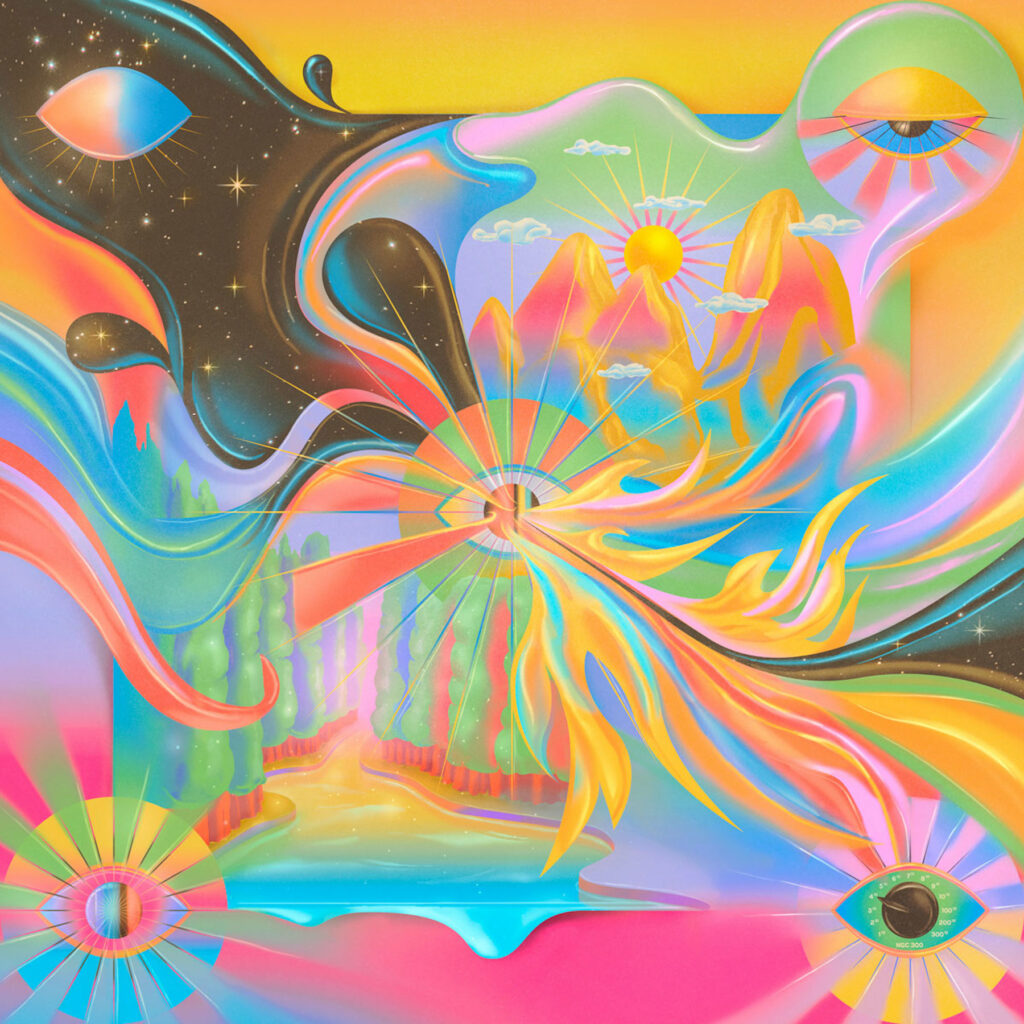
I remember going to a dj show, my first one, with a friend… I’m observing the dance floor, and at one point [it] exploded. And my friend was like, “This is body music. It’s for your body, not your mind.”
I wanted that so bad. I spent so long intellectualizing music that I kind of forgot what it was like to experience it for your body.
How did you rediscover that?
I really had to undo a lot of learning. When I first started making dance music, a lot of the feedback I got was like, “You’re doing too much. You think you’re sounding smarter, intellectual—all the notes you’re playing. But does it really feel good? Does that actually fit in the groove?”
I think the best music I’ve made is when I can combine the [bodily] feeling with the music theory.
Can you talk about the experience of having a foot in both the electronic and jam band worlds?
I was raised by Deadheads.
My parents raised me [to believe] that live music was really important and a beautiful part of the human experience, and you go to a dance floor to be part of something greater than yourself. I wasn’t raised religiously, but that was our church. This is where you find community and like-minded people. This is where you can be in a safe space and share love and laughter and light.
There’s so many through-lines between the jam band world and the electronic world.
I have a side project called Dead House, and I combine electronic music with Grateful Dead stems—essentially vocals and guitars. Jerry Garcia’s family asked me to remix his first album, so I did that, and they officially released it on Jerry’s label. It was an amazing experience. Jerry’s voice is like my uncle. It’s like a voice in the family to me.
I got a lot of positive, amazing, beautiful feedback, and those shows are always really successful for me. But I’ve [also] had people go out of their way to send me the meanest messages I’ve ever received. And like, this is the Dead! This is the hippies, you know? It was mind-blowing how angry it made [some] people. It’s not like, “Oh, this isn’t for me.” It’s like, “You have ruined my music!”
You just wrapped up a pretty historic set of shows as the official afterparty for the final Dead and Co tour. What was that like?
It felt very much like coming home. I remember the first time I went to a Grateful Dead show with my parents, my mom turned to my dad and goes, ‘Oh honey, we’re home!’ It felt like that.
As I saw my parents in the front row, I was so aware that this was special.
You performed in your Dead merch, as you often do. It’s one thing to be influenced by a band but another to physically represent them while playing your own music. How do the Dead fit into your own identity as a musician?
I was a very femme expressive kid, but when I started producing I wanted to be taken seriously [as a dj]. So I just lost all identity as far as fashion and clothes, and I just wore baggy shirts and baggy pants. … I really hated having to pick out clothes to wear to go play a show, always stressing out like, “I don’t want to be too feminine or be too sexy.”
My parents, at the same time, gave me all of their vintage. God bless them. Every show that they went to—which was like hundreds—they would buy a Grateful Dead shirt. They saved all of them perfectly. They’re like, “You know, we have this insane collection of vintage Grateful Dead tees, do you want them?”
I was like, “Great. I’m just gonna wear these T-shirts. I’m gonna pack, per tour, 50 in my suitcase and that’s it.”
Children of Deadheads started finding me and being like, “I’m a raver, but my parents are Deadheads.” And I started connecting with kids on that. Like: “I know exactly who you are. We are in the same tribe.”
Is there solidarity among female DJs or is there a competitiveness because of how small the scene is?
The crab mentality is a real thing when there’s only space for one on the top. But the women that I’ve met in the space have been wildly supportive, and we have for sure formed alliances. I would love to see more of us, but it’s happening slowly. I think I see movement. I think I see change.
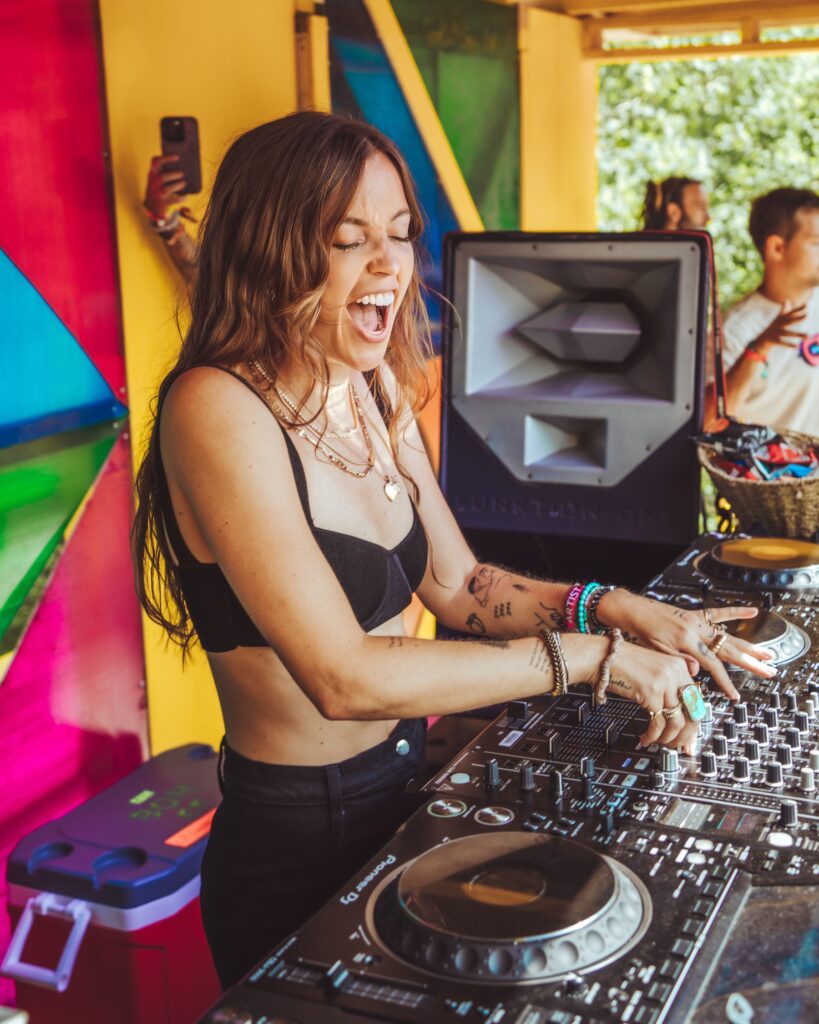
There are definitely some women who hate being called female producers. That really pisses them off. I think there’s like “Be the Change” activism, which is not calling attention to [female identities]. And there’s activist activism where you do say, “I am a female producer,” because you need people to know there are female producers. Unfortunately, don’t feel like we’re at the point yet where we can’t call attention to that. I love being called a female producer, but I know that a lot of other women artists don’t feel that way, in this space, especially. And I respect that.
In creating and working with FEMME House, what have you learned about the non-male music scene?
Even the jam band world is still very male-dominated. I think all scenes, except for maybe pop—there are a lot of women in that space—struggle with that.
I really do believe that it shouldn’t be the people who are oppressed who have to make the change. It should be the gatekeepers who are in a position of power that are like, “Oh, wait, I do need to book more women on this. I do need to have more women clients.”
I think it’s about allyship, but it’s also about creating our own spaces. Deals happen on the golf course, and dudes are on the golf course. We need to create our own golf courses. We want to collaborate with each other and book each other, just like dudes do.
You’ve had a pretty quick rise to fame, including playing major music festivals this spring and summer. What are you aspiring towards right now?
Finding balance in my life, finding more mental health and stability and time off and time to just stare out the window and be okay with that. If I’m not working or doing, I have anxiety. I’ve gotten to a place in my career I never thought I would get to. So now I’m here, and I’m like, “Oh, this doesn’t make for happiness.” I’m so grateful for so many beautiful moments I’ve had. But, actually, happiness comes from being okay with who you are and being okay to just to sit in silence and be there and be present. That’s the hardest thing.



